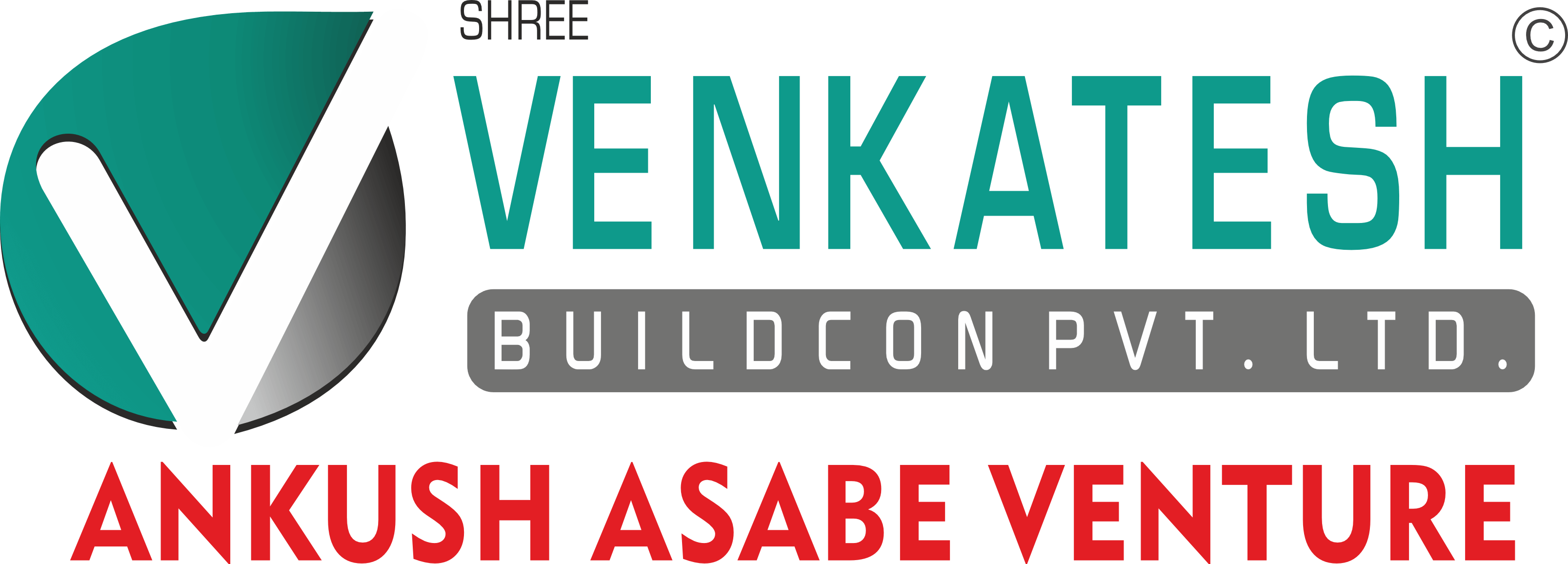financial factors to consider before investing in real estate
The decision to become a homeowner is an important life event. It represents stability, security, and the potential for long-term equity growth. However, before making the leap into homeownership, it is critical to assess the financial elements of this large investment. We will address some critical issues in this blog article to assist you in making an informed decision and laying a solid foundation for your homeownership journey.
Affordability is the first and most crucial factor to consider. Aside from the
purchase price, there are additional expenditures associated with homeownership, such as a down payment, mortgage payments, property taxes, homeowners insurance, maintenance charges, and utilities. To decide what you can comfortably afford, evaluate your present financial circumstances, including your income, savings, and debt obligations. Aim to keep your home costs (mortgage, taxes, and insurance) to 25-30% of your monthly income. Saving for a down payment is an important step in the home-buying process. A bigger down payment usually results in a lower mortgage amount and, as a result, reduced monthly payments. To avoid paying private mortgage insurance (PMI), financial experts generally advocate saving at least 20% of the home’s purchase price as a down payment. Begin saving early and think about budgeting, decreasing spending, and researching down payment assistance programs.
Your credit score is crucial in obtaining a mortgage loan and deciding the
interest rate charged. Better loan terms and cheaper interest rates are associated with a higher credit score. Review your credit report, fix any inaccuracies, and concentrate on increasing your credit score by paying bills on time, lowering debt, and maintaining a healthy credit utilization ratio before taking the plunge into homeownership. Over the course of your mortgage, a strong credit score can save you a lot of money.
To meet the different demands of homeowners, the Indian market provides a variety of mortgage choices. Whether you choose a fixed or fluctuating interest rate, seek assistance through government programs such as PMAY, or want to leverage your current property, mortgage solutions are available to meet your needs. When looking for a house loan, examine issues such as interest rates, loan length, eligibility conditions, and associated fees and charges. Careful research, comparing offers from several lenders, and getting professional guidance will assist you in making an informed decision and selecting the mortgage option that best corresponds with your needs.
Many people have to change their dwellings frequently. So here, it becomes
crucial to evaluate the anticipated resale value of the home you’re currently hoping to purchase. In order to compute the resale value of your home, you’ll have to first dig into the total cost of the location. So in the future, when you re-sell that home, you will surely attain a satisfactory return on your investment.
Lowest Interest Rates While dealing with the entire process of purchasing a home, it’s important that we specifically choose financial institutions offering the lowest interest rates. Banks always have the liberty to provide customers with a 0.5 percent concession on the overall interest rate. And that’s what counts the most.
Conclusion
Becoming a homeowner is an exciting step, but it’s crucial to carefully consider the financial aspects involved. By evaluating your affordability, saving for a down payment, maintaining a good credit score, understanding mortgage options, the resale value of a home, accounting for additional costs, and aligning homeownership with your long-term goals, you can make a more informed decision and set yourself up for a successful homeownership journey. We at Shree Venkatesh Buildcon have a variety of options for home buyers to choose from. Check out all the dream listings on the website: www.venkateshbuildcon.com
Remember, thorough planning and financial preparedness are key to enjoying the benefits of homeownership without unnecessary stress.
 Residential
Residential
 Ongoing
Ongoing
 Completed
Completed Upcoming
Upcoming Commercial
Commercial





